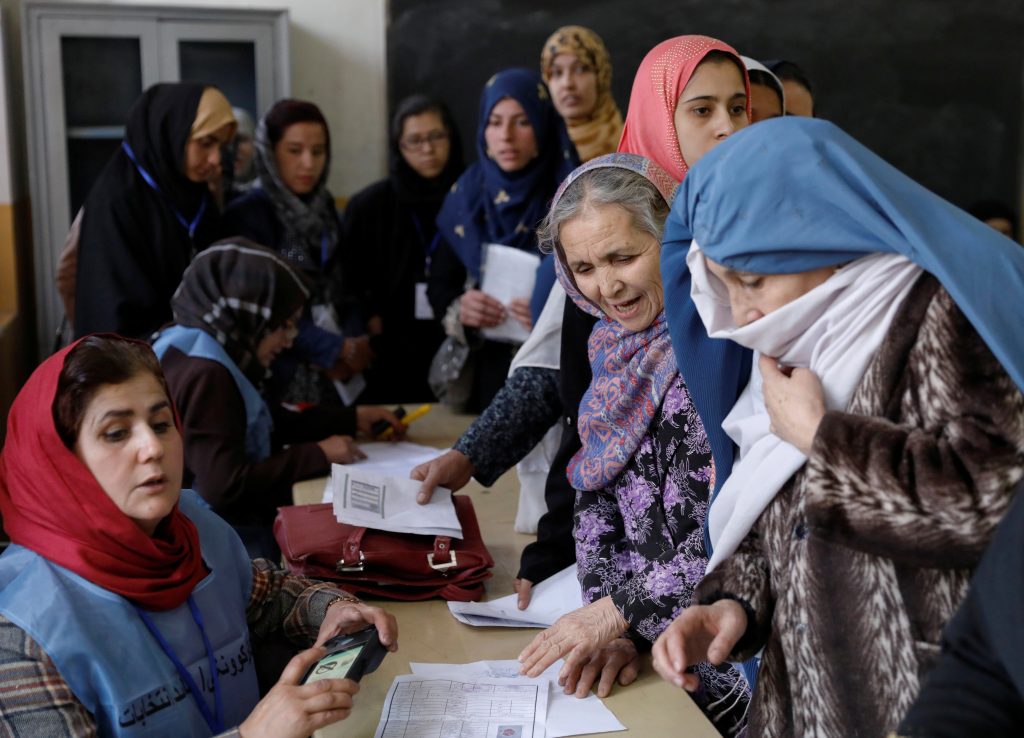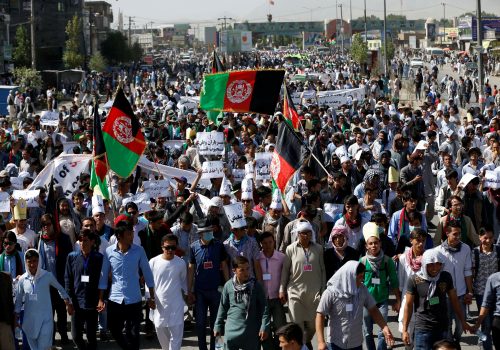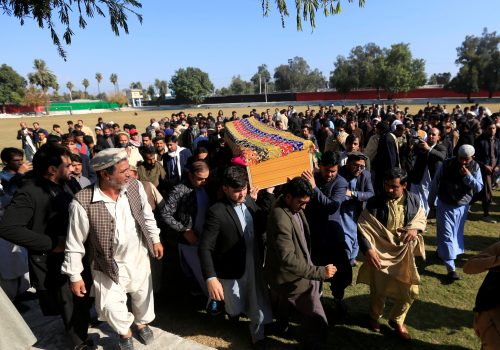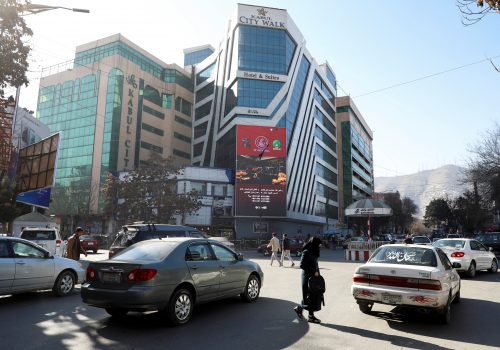Following the appointment of US Special Representative for Afghanistan Reconciliation Zalmay Khalilzad as well as a readiness to negotiate an agreement with the Taliban in 2018, the Afghan peace process gained considerable speed. This political momentum led to the mobilization of civil society organizations – in particular, women networks and activists, who welcomed the start of the talks but also remained cautious of what this peace could mean for Afghan society and its inclusion in the peace process.
Inclusivity is a difficult concept to deconstruct. First, every voice is important and must be heard, but not everyone can sit at the table. Second, in a peace process, local voices tend to be politicized by the parties and stakeholders involved, where each takes into consideration those views that support their mandate while rejecting the rest as un-representative.
The subsequent US-Taliban agreement illuminated a gap amidst the ongoing and impressive efforts of civil society actors. That gap was the absence of a technical mechanism that could act as an interface to bridge the track I negotiations with civil society, grassroots actors, and the rest of the Afghan population in a structured, systematic, and non-partisan manner. Calls for inclusion led to the creation of Afghanistan Mechanism for Inclusive Peace (AMIP).
This webinar was hosted together by the Atlantic Council’s South Asia Center and the Afghanistan Mechanism for Inclusive Peace (AMIP) on Thursday, June 24 at 10:00 AM US ET / 6:30 PM KBT for a conversation on the importance of an inclusive peace process in Afghanistan that truly reflects the people whom it represents.
Featuring
Masood Karokhail
Director and Co-Founder
The Liaison Office (TLO)
Mariam Safi
Founding Director
Organization for Policy Research and Development Studies (DROPS)
Sayed Hussain Anosh
Executive Director
Civil Society and Human Rights Network (CSHRN)
Lema Anwari
Core Member
Women’s Regional Network
Antje Herrberg
Senior Mediation Advisor
European External Action Service
Moderated by
Marika Theros
Non-Resident Senior Fellow
Atlantic Council’s South Asia Center

The South Asia Center is the hub for the Atlantic Council’s analysis of the political, social, geographical, and cultural diversity of the region. At the intersection of South Asia and its geopolitics, SAC cultivates dialogue to shape policy and forge ties between the region and the global community.

The Afghanistan Mechanism for Inclusive Peace (AMIP) is an open, accessible, Afghan-driven mechanism that will provide a structured, neutral and non-partisan way for the Afghan public to play an active and central role in building a significantly more inclusive peace process and peace.
Related content
Image: Afghan women line up at a polling station during parliamentary elections in Kabul, Afghanistan October 20, 2018.REUTERS/Mohammad Ismail




